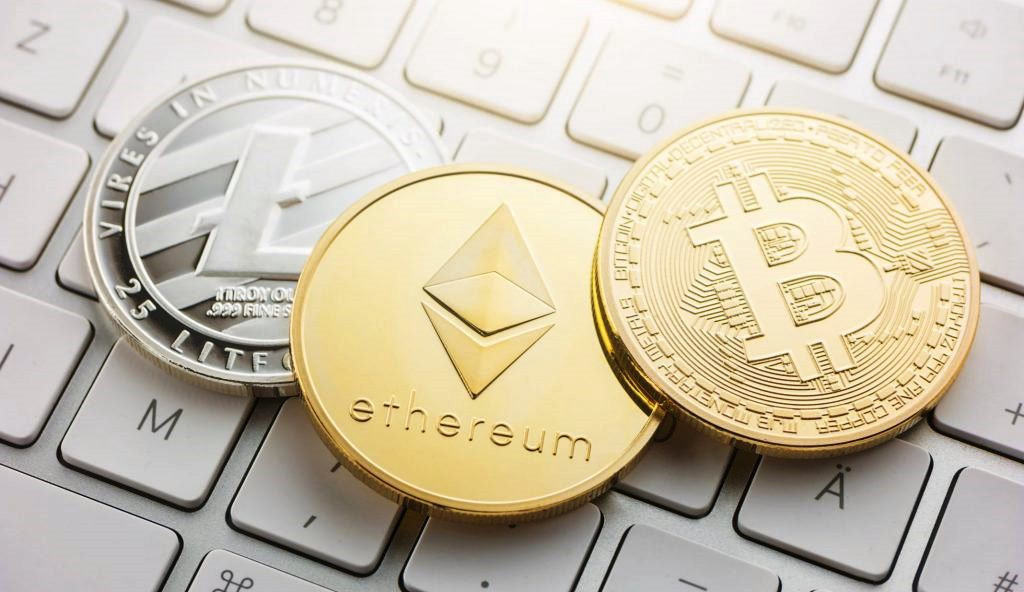The Ethereum blockchain is an ever-changing platform for smart contract bytecodes that experience constant reconfiguration and mutation. According to recent developments, token sales are now driving network effects across various applications instead of helping common building blocks that allow applications to run smoothly.
Protocol tokens
Protocol refers to the crypto-economic rules that blockchains follow when it comes to maintaining a peer-to-peer network. Every blockchain has one native token for all different protocols. Of course, there are a few exceptions, but the majority of them have respective tokens for every cryptoeconomic protocol. So, this token approaches a strict behavior that allows optional participation for active users. This also brings network protocols in the picture. The value of each network protocol is essential to derive the worth of artificial financial incentives.
Protocol tokens and smart contracts
Ethereum smart contracts have come a long way to help network protocols and the crypto industry. Their combination is key to delivering accurate results of the crypto market, especially if you are using a trading tool. The Etherum client flashes the results of a price change on advanced tools, such as The Crypto Genius System so that it can connect peer-to-peer without any interruption. Most smart contracts have their own monetary policies and can control digital assets that help to introduce various financial incentives.
App coins
One of the significant differences between protocol tokens and app coins is the latter doesn’t require any native token while functioning. Irrespective of the market conditions, app coins will not use tokens to increase their value while facilitating access protocols. This is a massive benefit for crypto traders and blockchain builders because they don’t have to pay transaction fees for every move. The app coin incentive will include:
- Memberships or digital subscriptions sold to users against zero transactions fees. Although some of the transactions may have a minimal fee amount, the rest is practically free of cost.
- Digital equity shares sold to investors against a significant portion of decentralized applications. Depending on the nature of the application, you can also opt for obtaining shares against future profits from their applications or binding agreements.
However, many decentralized app developers are now facing several challenges while raising money through a public sale of different LCOs and unregistered securities. The new security regulations aim to prevent various cases of money laundering, and this comes in at a time when LCOs are planning to re-launch after a miserable couple of years.
Experts believe that the incentive scheme is favorable both for investors and decentralized app developers, but it is still early to judge because of the security concerns of app coins. Since public crowd sales will never go out of the market, the investors think that the market will revive even after the security hiccup. The security laws for blockchain tokens may now come with regulations from non-native crypto-economic protocol tokens. This is more likely to solve the security issues and make the incentive schemes more fruitful for everyone. After all, the market depends on the investors and it is high time the developers came up with something more concrete to assure the traders.


